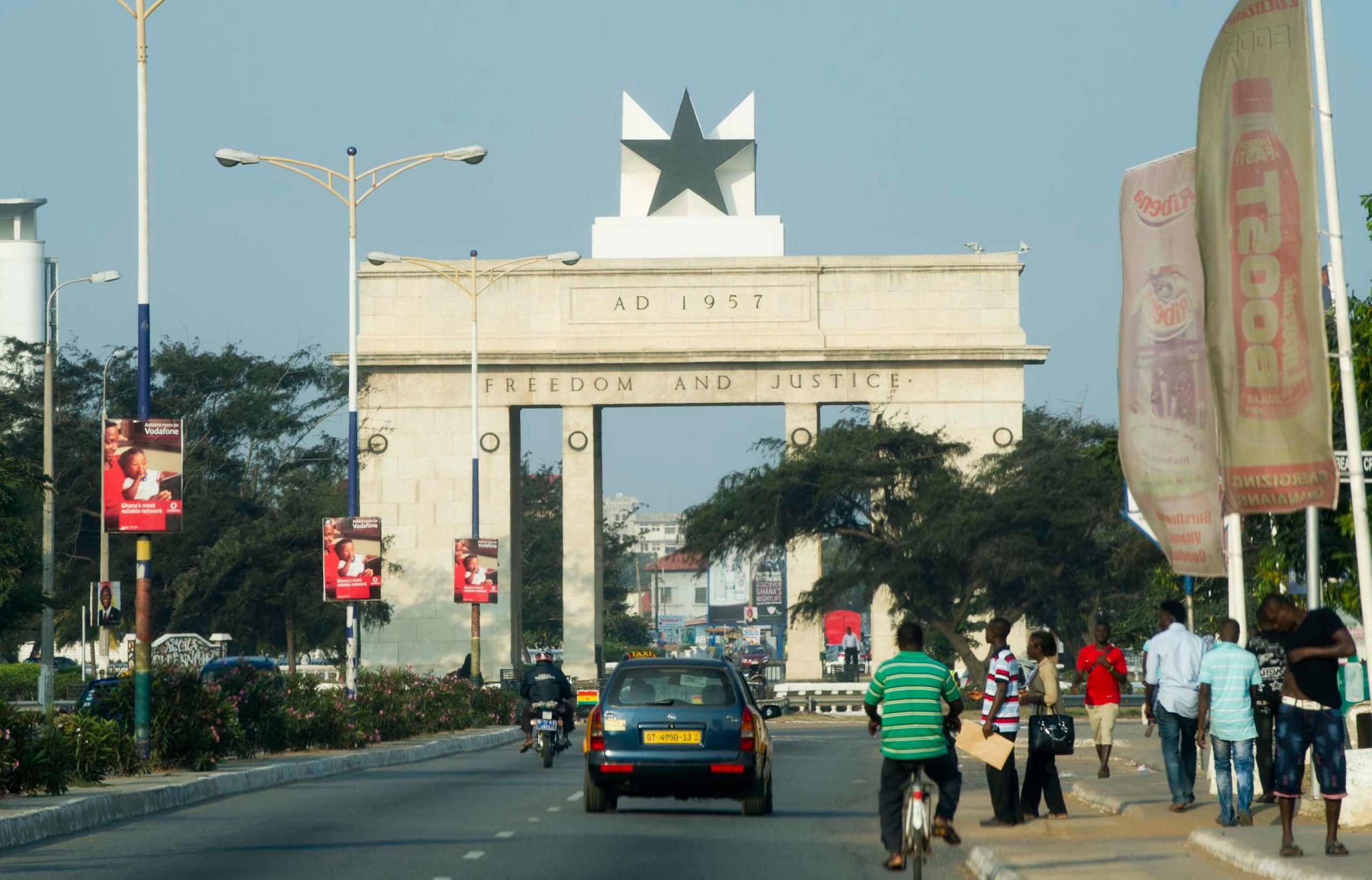A Director at the Institute of Statistical, Social and Economic Research (ISSER), Professor Peter Quartey, is predicting that Ghana’s economic could go into a recession should the Coronavirus pandemic prolong for more than six months.
“Because growth rate can be negative, we can enter into a recession. At the moment, many are those who have been asked to go home because of the lockdown and this is going to worsen the situation because revenue is going to dip further. We are really going to be in a difficult situation”, he said.
However, the economic professor, expressed the optimism that the covid-19 pandemic would be curtailed within the next couple of months.
“Probably by June-July, we should see our way clear with this issue”, he said.
Professeor Quartey was reacting to the finance minister’s appearance before Parliament to seek the buy-in of the august house to amend certain portions of the Petroleum Revenue Management Act to provide the government some space to find resources to combat the viral disease.
Amendment of Petroleum Revenue Management Act
Yesterday, on Monday, March 30, 2020. the Finance Minister, Mr Ken Ofori-Atta, went before Parliament and requested for an amendment of the Petroleum Revenue Management Act (PRMA) to pave way for government to use portions of the Ghana Heritage Fund to combat the Covid-19 pandemic.
“Amend the PRMA to allow a withdrawal from the Ghana Heritage Fund to undertake emergency expenditures in periods of national emergency. There is an estimated US$591.1 million in the Ghana Heritage Fund,” the Finance Minister told Parliament on Monday.
The Minister is also seeking the support of Parliament to amend the relevant laws to lower the cap on the Stabilization Fund from $300 million to $100 million.
This will enable the government utilise the excess funds to bridge the revenue gap created by the economic impact of the pandemic.
“This measure will enable the excess amount in the GSF, over the US$100 million cap, to be transferred into the Contingency Fund, consistent with Section 23 (4) of the PRMA.
‘The amount transferred into the Contingency Fund will be used to fund the Coronavirus Alleviation Programme (CAP), Mr Ofori-Atta said.
Through this process, he added, an estimated GH₵1,250 million will be transferred into the Contingency Fund to Fund the CAP.
“Mr. Speaker, we therefore wish to seek approval from this August House for the Finance Minister to use the Funds which will be available in the Contingency Fund to fund the Coronavirus Alleviation Programm,” the Finance Minister requested.
The Heritage Fund
The Heritage Fund is a creation of section 10 of the Petroleum Revenue Management Act 815 enacted in 2011.
The purpose of the establishment of this fund is to provide an endowment to support the development of future generations when the petroleum reserves have been depleted according to Act 815 (2011) and amended Act 893 (2015).
The fund receives a percentage of oil revenue accrued to the Petroleum Holding Fund.
Minority’s disagreement
But the Minority in Parliament disagrees with this decision, saying it is not yet time for Government to touch the Heritage Fund.
They argue that there are other alternative sources of revenue that the government could fall on to fight the viral disease.
“There is no difficulty in giving Finance Minister approval to use the stabilization Fund, but what we are saying is that the Heritage Fund was set out for a purpose and we are not there yet.
“So, make use of the stabilization reserve to support your activities and not the Heritage Fund,” The Minority Leader Mr Haruna Iddrisu remarked.
However, Prof. Quartey, welcomed Government’s decision to withdraw money from the Heritage Fund to deal with the coronavirus deadly disease.
He said, Desperate situations calls for desperate measures, but I think we should use this money as judiciously as possible”.
IMF and World Bank loans
The Finance further mentioned that the government will be going to the World Bank to borrow some GH₵1.7 million cedis and the International Monetary Fund (IMF) some additional GH₵3.5 to combat the virus.
But some experts have raised concerns that the country could run into debts distress when the covid-19 situation is over.
Commenting on this, Prof. Quartey, posited that loans from the Bretton Woods institution are mostly given at a reduced interest rates, which are better and more appropriate options as compared to borrowings from the capital markets.
“Most often you might get a loan of about 1% percent or less than 1% percent or 2% percent, whereas if you went to the capital markets, you will be looking at something around 8% percent. So, getting monies from the IMF and the world Bank is the second-best option”, he explained.
Ideally, he said, government could have raised the money in the local markets, but is unable to do so because it is already struggling with its revenue numbers.
However, the setting up of the covid-19 fund, he explained, is a noble idea. It will offer Ghanaian businesses and individuals an opportunity to contribute to the fund.
“Government will not have to rely solely on loans, but also raise monies from philanthropists and many others”, he added.











